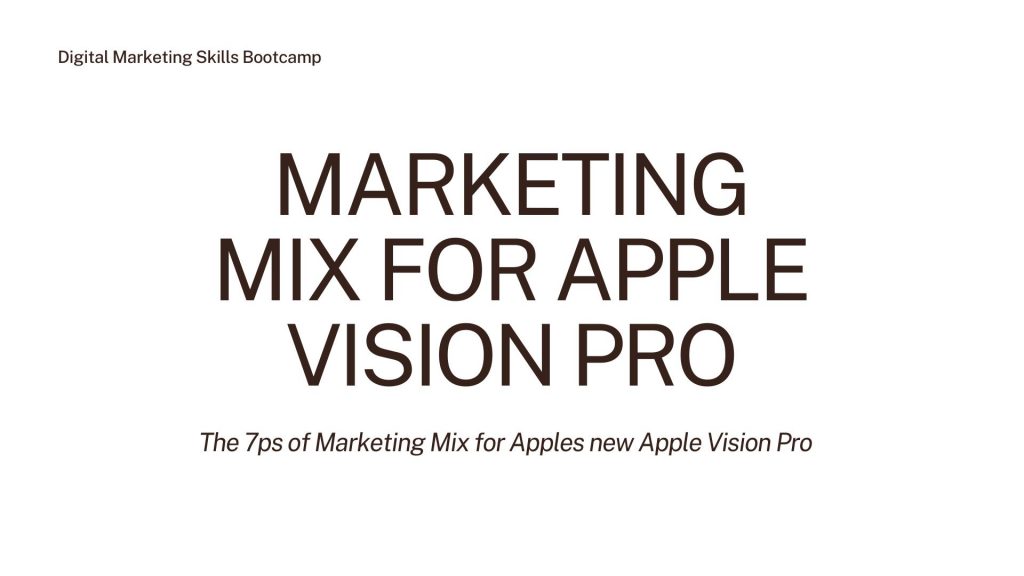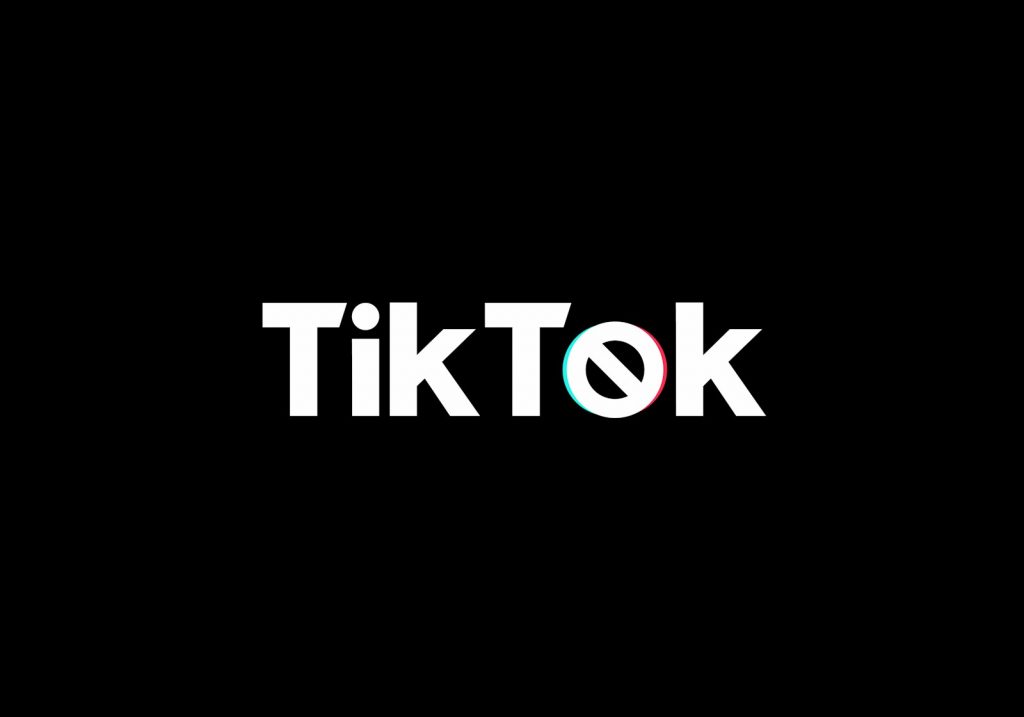The Evolution and Power of Digital Marketing
Introduction
In the fast-paced, technology-driven world we live in, the way businesses reach and engage with their audience has undergone a profound transformation. Digital Marketing has emerged as the cornerstone of modern business strategies, offering unparalleled opportunities for growth, visibility, and customer engagement. But what exactly is Digital Marketing, and why has it become so pivotal? Let’s delve into its intricacies and explore its many facets.
Understanding Digital Marketing
At its core, Digital Marketing encompasses all marketing efforts that use an electronic device or the internet. Businesses leverage digital channels such as search engines, social media, email, and websites to connect with current and prospective customers. It’s a dynamic field that continuously evolves as technology advances, making it essential for marketers to stay ahead of the curve.
The Components of Digital Marketing
Digital Marketing is not a monolithic concept; it comprises various components, each playing a unique role in a comprehensive marketing strategy. Here are some key elements:
Search Engine Optimization (SEO)
SEO is the practice of optimizing your website to rank higher in search engine results pages (SERPs). It involves both on-page and off-page strategies, including keyword research, content creation, and link building. Effective SEO increases organic traffic, ensuring your website is visible to those actively searching for your products or services.
Content Marketing
Content is king in the digital realm. Content marketing focuses on creating and distributing valuable, relevant, and consistent content to attract and engage a clearly defined audience. This could be in the form of blog posts, videos, infographics, or ebooks. Quality content not only drives traffic but also builds trust and authority in your niche.
Social Media Marketing
Social media platforms are powerful tools for Digital Marketing. They provide a space for brands to interact with their audience, share content, and build a community. Platforms like Facebook, Instagram, Twitter, LinkedIn, and TikTok offer targeted advertising options that help businesses reach specific demographics with precision.
Email Marketing
Despite being one of the older forms of Digital Marketing, email marketing remains highly effective. It allows businesses to send personalized messages to their audience, nurturing leads and maintaining customer relationships. With the right strategies, email marketing can yield a high return on investment (ROI).
Pay-Per-Click (PPC) Advertising
PPC is a model of internet marketing where advertisers pay a fee each time one of their ads is clicked. It’s a way of buying visits to your site, rather than attempting to “earn” those visits organically. Google Ads is a popular PPC platform that helps businesses appear at the top of search results for targeted keywords.
Affiliate Marketing
In affiliate marketing, businesses reward affiliates for bringing customers through their marketing efforts. It’s a performance-based strategy where affiliates earn a commission for each sale or lead generated. This model leverages the power of influencers and content creators to expand a brand’s reach.
Influencer Marketing
Influencer marketing involves partnering with influencers – individuals with a significant following on social media or other platforms – to promote your products or services. Influencers have the ability to sway their audience’s purchasing decisions, making this an effective way to boost brand awareness and credibility.
The Benefits of Digital Marketing
The advantages of Digital Marketing are manifold, making it an indispensable part of modern business. Here are some key benefits:
Cost-Effectiveness
Compared to traditional marketing methods, Digital Marketing is often more affordable. Many digital channels, such as social media and content marketing, require minimal investment to start and can offer substantial returns.
Measurability
One of the standout features of Digital Marketing is its measurability. Tools like Google Analytics and social media analytics provide detailed insights into campaign performance, helping businesses make data-driven decisions. Marketers can track metrics such as traffic, engagement, and conversions, enabling them to refine their strategies for better results.
Targeted Reach
Digital Marketing allows businesses to target specific demographics, interests, and behaviors. This precision ensures that marketing efforts are directed toward the most relevant audience, maximizing the impact of campaigns.
Flexibility
Digital channels offer unmatched flexibility, allowing marketers to quickly adjust their strategies based on real-time data. Whether it’s tweaking an ad campaign, updating website content, or launching a new social media initiative, businesses can respond swiftly to changing market conditions.
Enhanced Engagement
Interactive elements of Digital Marketing, such as social media posts, emails, and online reviews, provide opportunities for direct engagement with customers. This interaction builds a sense of community and fosters stronger relationships with the audience.
Global Reach
The internet breaks down geographical barriers, enabling businesses to reach a global audience. This expanded reach opens up new markets and growth opportunities that were previously inaccessible.
The Role of Data in Digital Marketing
Data is the lifeblood of Digital Marketing. It informs every aspect of a campaign, from audience targeting to content creation. Here’s how data plays a pivotal role:
Audience Insights
Data analytics tools help marketers understand their audience’s preferences, behaviors, and pain points. These insights are crucial for crafting personalized marketing messages that resonate with the target audience.
Performance Tracking
Monitoring the performance of digital campaigns is essential for continuous improvement. Key performance indicators (KPIs) such as click-through rates (CTR), conversion rates, and return on ad spend (ROAS) provide a clear picture of what’s working and what needs adjustment.
Predictive Analytics
Advanced analytics can predict future trends and customer behaviors. By leveraging machine learning and artificial intelligence, businesses can anticipate market changes and stay ahead of the competition.
Challenges in Digital Marketing
While Digital Marketing offers numerous benefits, it also presents certain challenges. Marketers must navigate these hurdles to ensure their campaigns are successful.
Increased Competition
The digital space is crowded, with countless businesses vying for the attention of the same audience. Standing out in this competitive landscape requires innovative strategies and a deep understanding of market dynamics.
Rapid Technological Changes
Technology evolves at a breakneck pace, and Digital Marketing is no exception. Keeping up with the latest tools, platforms, and trends can be overwhelming but is necessary to maintain a competitive edge.
Data Privacy Concerns
With increasing concerns over data privacy, marketers must navigate complex regulations like GDPR and CCPA. Ensuring compliance while still gathering valuable data is a delicate balance that requires careful consideration.
Measuring ROI
Despite the abundance of data, measuring the exact ROI of Digital Marketing efforts can be challenging. Attribution models can help, but accurately linking conversions to specific touchpoints remains a complex task.
Future Trends in Digital Marketing
The world of Digital Marketing is ever-evolving. Staying ahead of future trends is crucial for maintaining relevance and driving growth. Here are some trends to watch:
Artificial Intelligence and Automation
AI and automation are set to revolutionize Digital Marketing. From chatbots providing customer support to algorithms optimizing ad spend, these technologies offer efficiencies and insights that were previously unimaginable.
Personalization
As consumers demand more tailored experiences, personalization will become increasingly important. Marketers will need to leverage data to deliver highly relevant content and offers to their audience.
Video Marketing
Video continues to dominate the digital landscape. With platforms like YouTube, TikTok, and Instagram Stories, video marketing offers engaging ways to capture attention and convey messages effectively.
Voice Search
The rise of smart speakers and voice assistants like Alexa and Siri is changing the way people search for information. Optimizing for voice search will be crucial for maintaining visibility in this new search paradigm.
Augmented Reality (AR) and Virtual Reality (VR)
AR and VR technologies offer immersive experiences that can enhance marketing efforts. From virtual try-ons to interactive product demos, these technologies provide unique ways to engage customers.
Conclusion
Digital Marketing has transformed the way businesses connect with their audience, offering a plethora of tools and strategies to drive growth and engagement. By understanding its components, benefits, and challenges, businesses can craft effective Digital Marketing strategies that resonate with their audience and achieve their goals. As the digital landscape continues to evolve, staying informed about emerging trends and technologies will be key to maintaining a competitive edge. Embrace the power of Digital Marketing, and watch your business thrive in the digital age.

